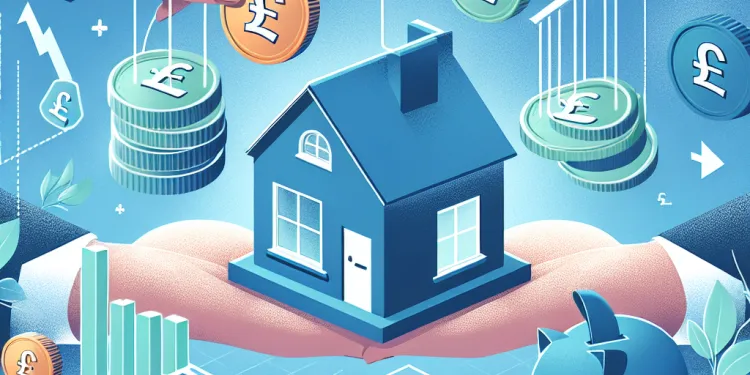
Find Help
More Items From Ergsy search
-

How do interest rate changes affect my mortgage payments?
Relevance: 100%
-

Will my fixed-rate mortgage payments change with interest rate fluctuations?
Relevance: 98%
-
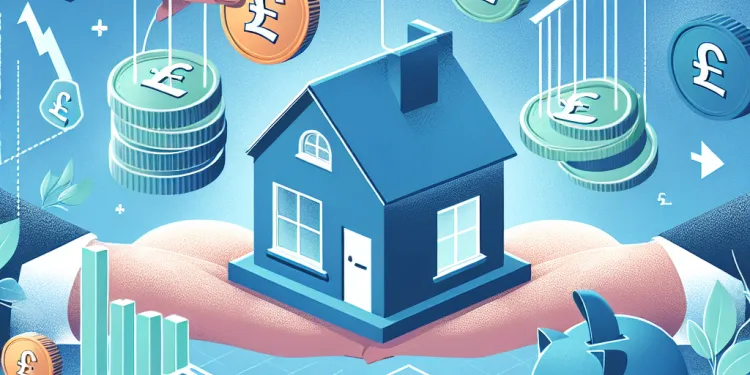
Is it possible to switch my mortgage type if interest rates become unfavourable?
Relevance: 94%
-
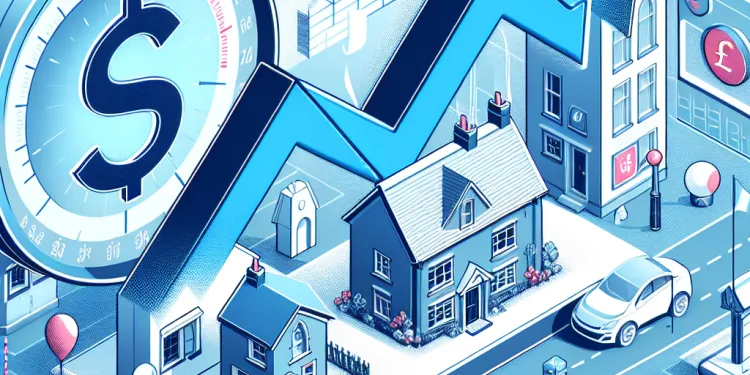
What is a tracker mortgage and how does it respond to interest rate changes?
Relevance: 93%
-
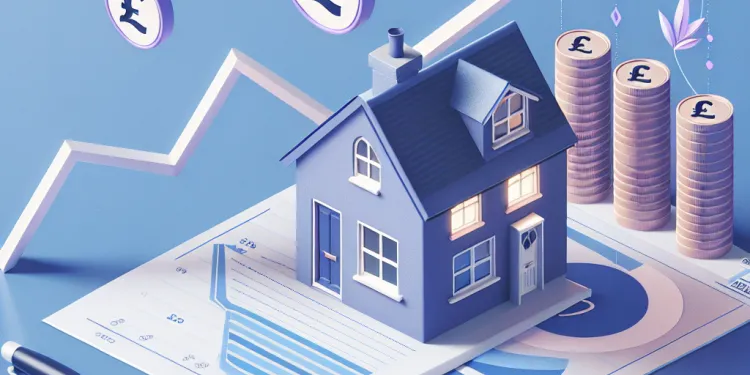
What should I do if I can't afford my mortgage payments due to rising interest rates?
Relevance: 87%
-
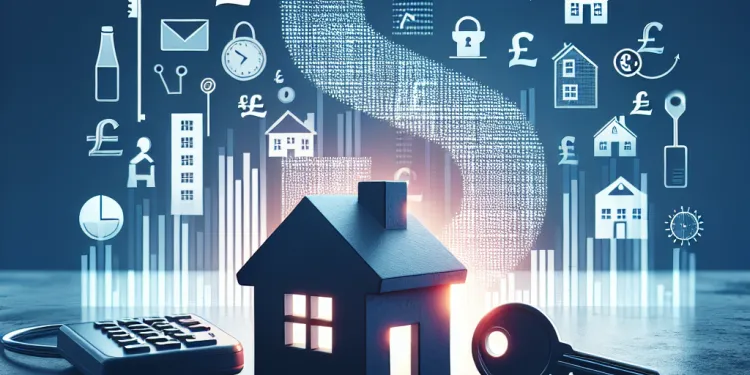
What is an 'interest only' mortgage?
Relevance: 87%
-
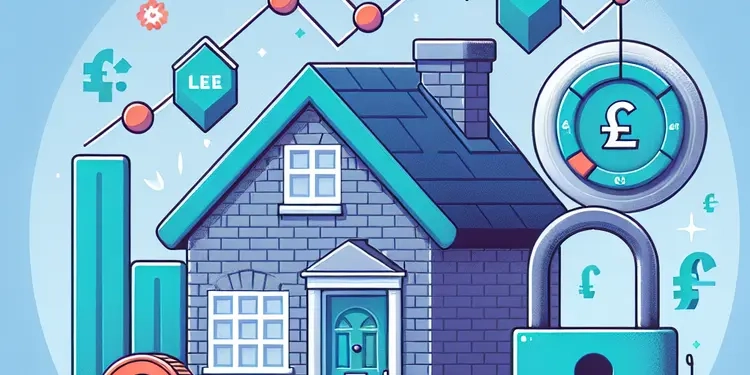
What does it mean to "Fix My Mortgage Rate"?
Relevance: 81%
-

What happens to my monthly payments if interest rates rise?
Relevance: 80%
-
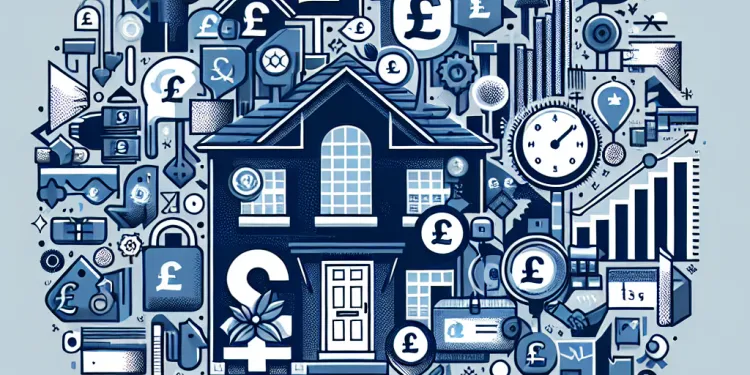
Are first-time buyers affected differently by interest rate changes?
Relevance: 78%
-
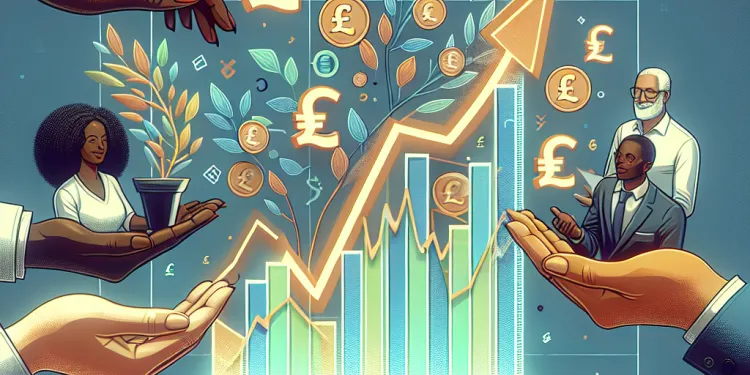
Major Banks Announce Changes in Interest Rates: Are You Affected?
Relevance: 77%
-
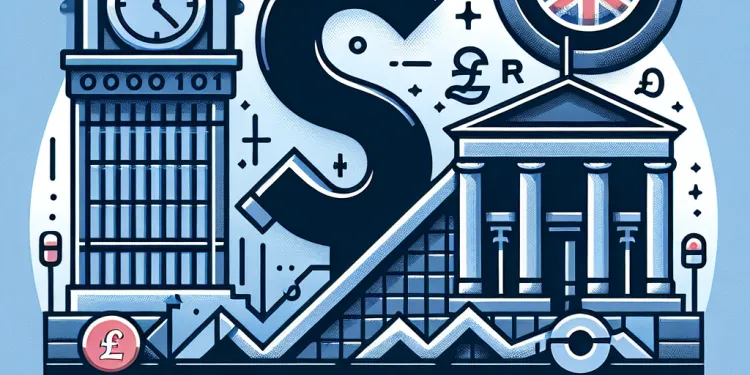
What is an SVR and how does it relate to interest rate changes?
Relevance: 75%
-
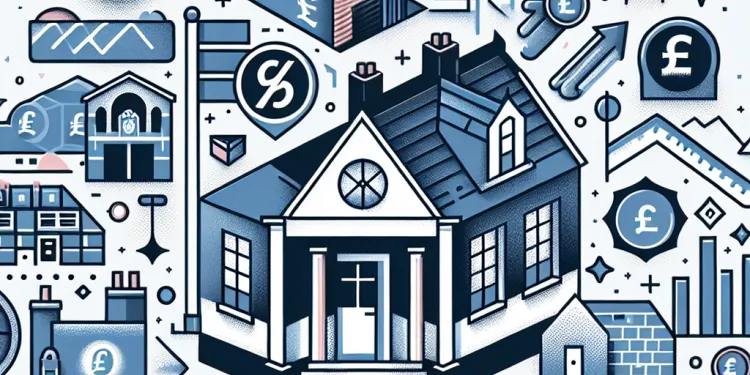
Can my lender change my interest rate without notification?
Relevance: 75%
-

How can I protect myself from rising interest rates?
Relevance: 73%
-

Why do interest rates rise and fall?
Relevance: 69%
-
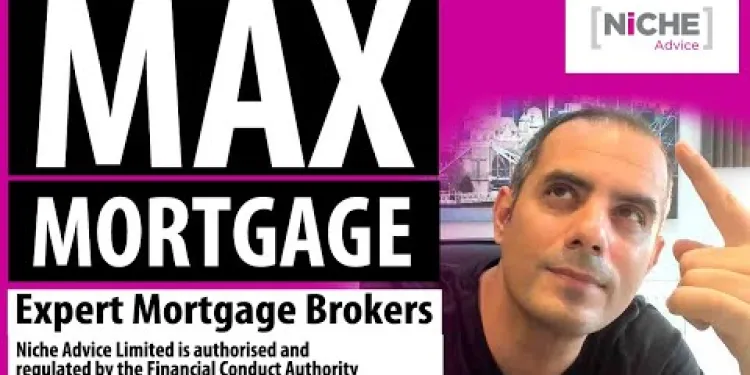
How much can I borrow for a mortgage UK - getting the Maximum Mortgage
Relevance: 66%
-
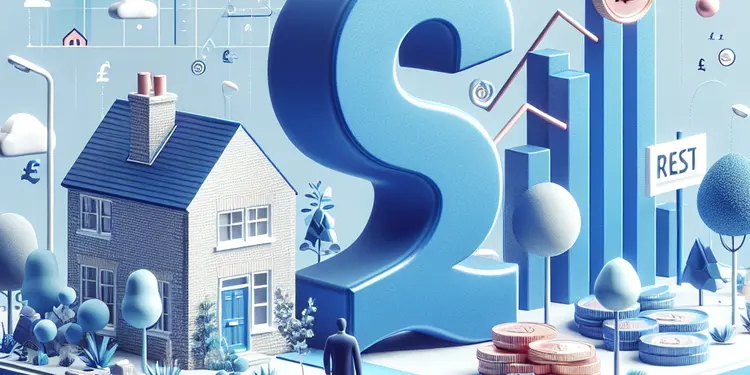
How do better interest rates help me save money?
Relevance: 65%
-

The Ultimate Buy-To-Let Mortgage Breakdown
Relevance: 64%
-
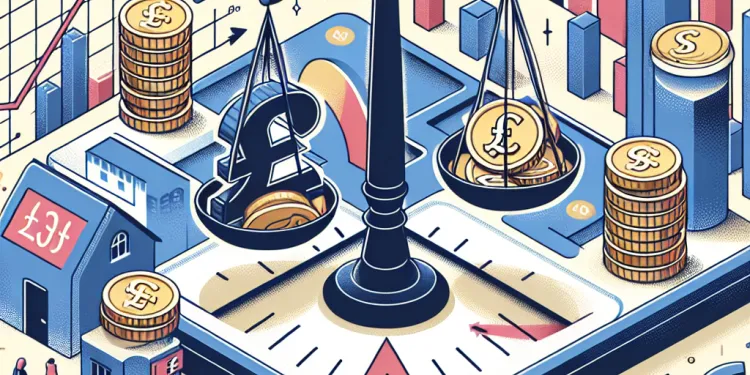
How do economic conditions influence interest rate changes?
Relevance: 62%
-
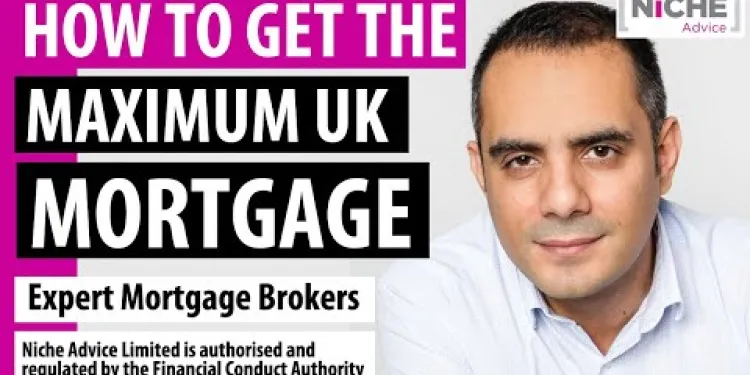
Getting the maximum mortgage in the UK
Relevance: 62%
-

Can interest rates on student loans be reduced?
Relevance: 62%
-

How do better interest rates help me save money?
Relevance: 59%
-

How does interest rate affect my car finance agreement?
Relevance: 58%
-
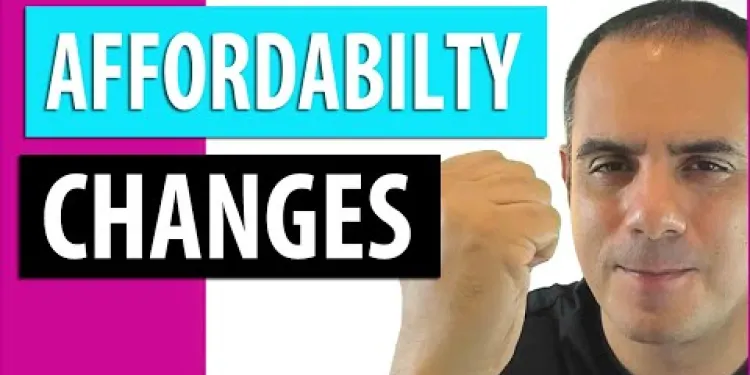
Mortgage Regulator removes the need for further affordability stress tests
Relevance: 55%
-
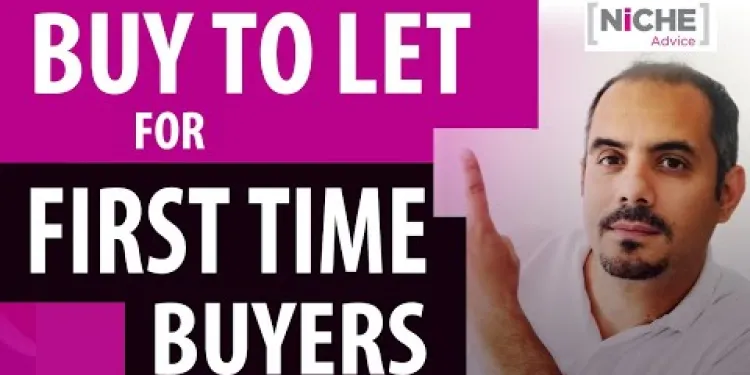
First Time Buyer Buy to Let Finance Options. Lending Criteria on Mortgage and Bridging Finance
Relevance: 55%
-

HMO Mortgage Truths - how to get the best Finance option including Bridging Loan Criteria
Relevance: 54%
-
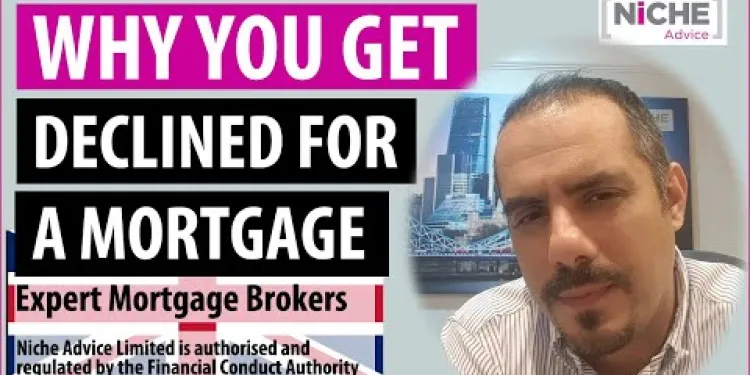
Mortgage Turned Down In The UK - Why mortgage applications are declined
Relevance: 53%
-
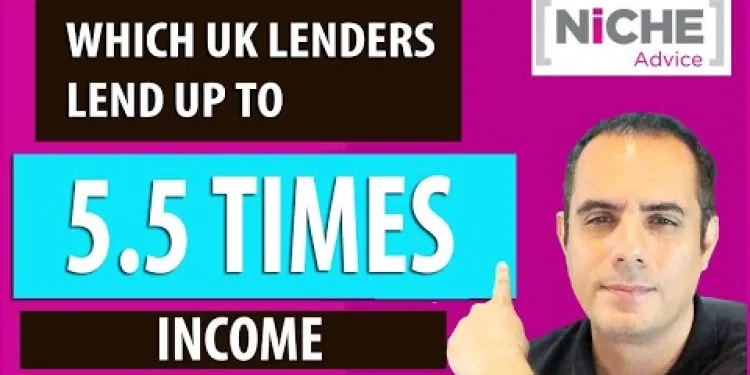
Highest Income Multiple Mortgage Lenders Revealed - Good and Bad Points
Relevance: 53%
-
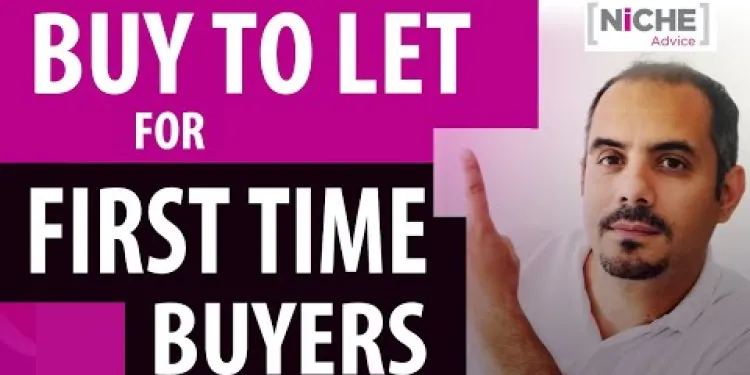
First Time Buyer Buy to Let Finance Options. Lending Criteria on Mortgage and Bridging Finance
Relevance: 53%
-

Uk Buy to Let for Older Clients - Mortgage Options Tips and Criteria
Relevance: 52%
-
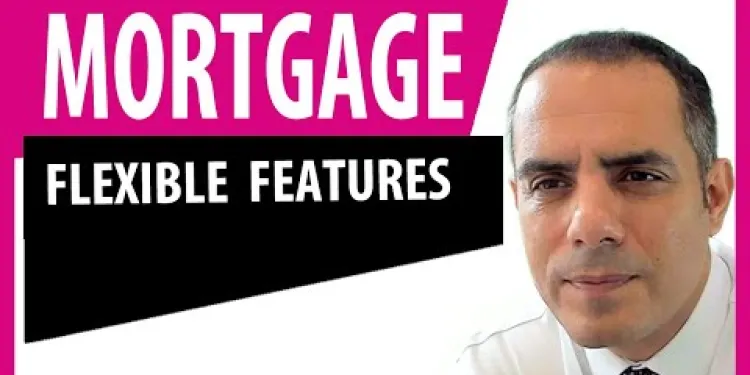
Mortgage Overpayment and Flexible Features Explained
Relevance: 52%
-
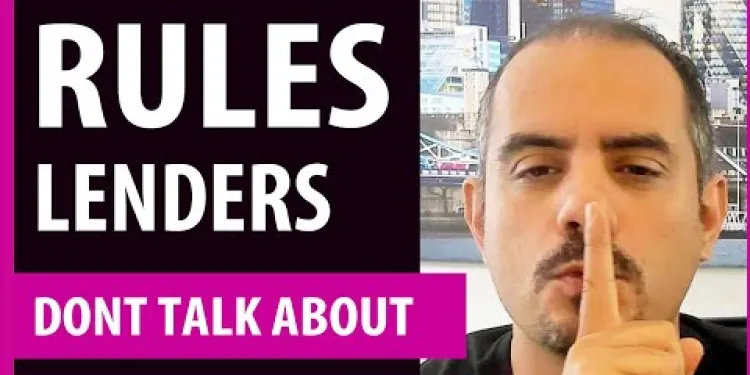
UK Mortgage Rules Lenders Don't Talk About - Debt To Income Ratio
Relevance: 51%
-
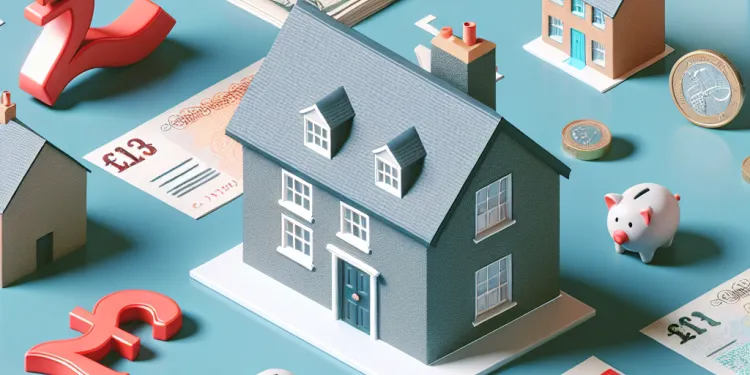
Can Stamp Duty be included in a mortgage in the UK?
Relevance: 51%
-
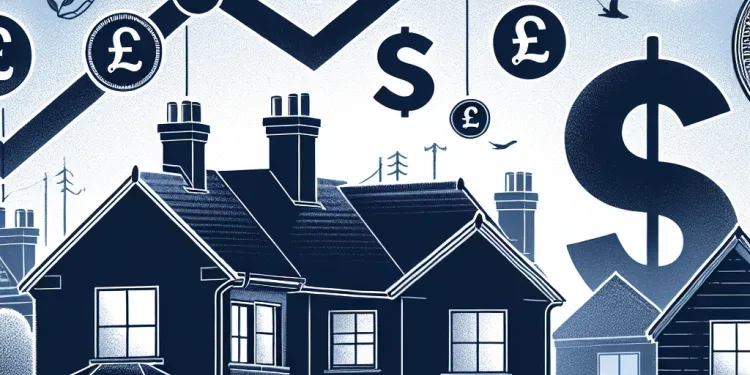
How do interest rate changes affect my mortgage balance?
Relevance: 51%
-
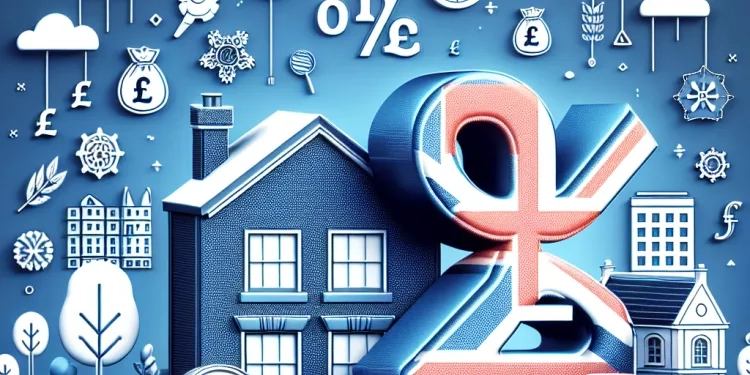
If I overpay on my mortgage, how will interest rate changes affect this?
Relevance: 51%
-
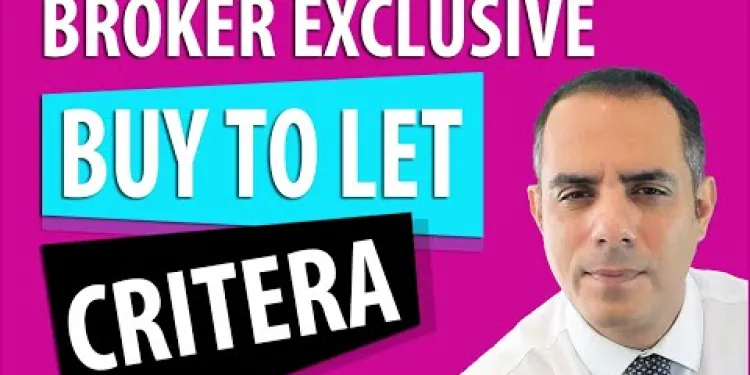
5 Broker Exclusive Buy to Let Mortgage Lenders you need to know about as a Landlord
Relevance: 50%
-
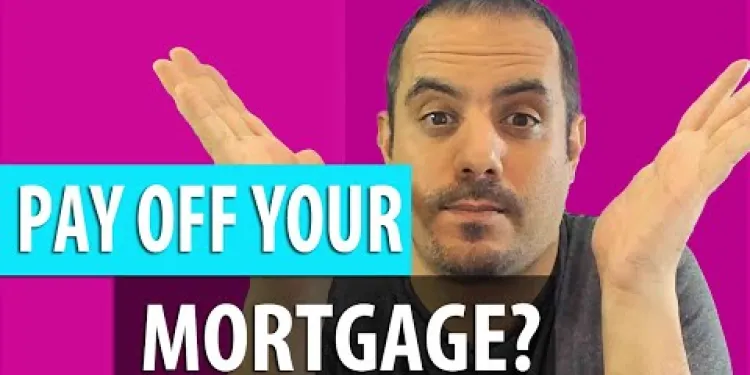
Should you Pay down your Residential Mortgage?
Relevance: 50%
-

Mortgage on Inherited Property - How we can help you with the finance
Relevance: 49%
-
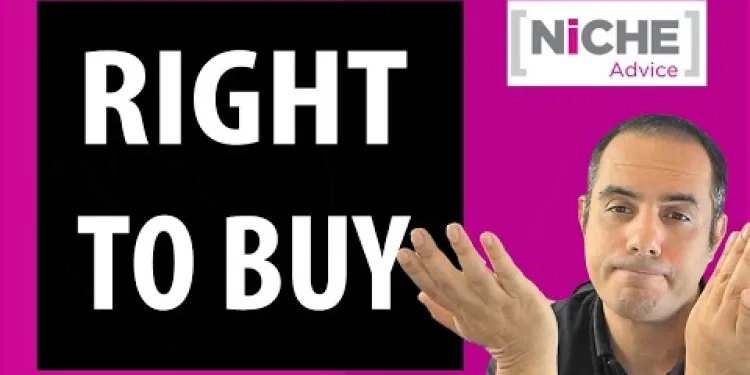
RIGHT TO BUY MORTGAGE - LET ME SAVE YOU TIME AND MONEY
Relevance: 48%
-
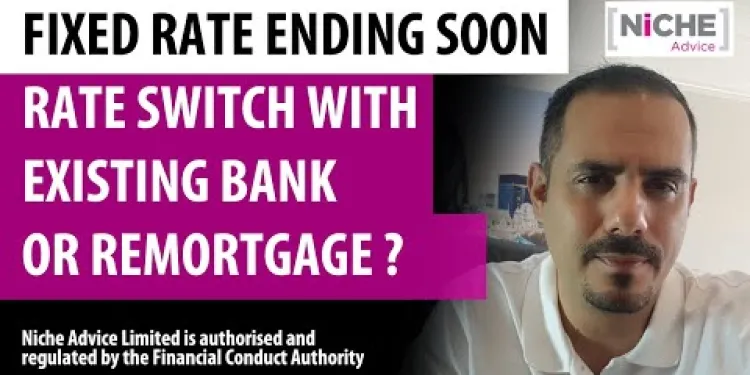
Product Transfer Rate Switch vs Remortgage What's Best
Relevance: 48%
-
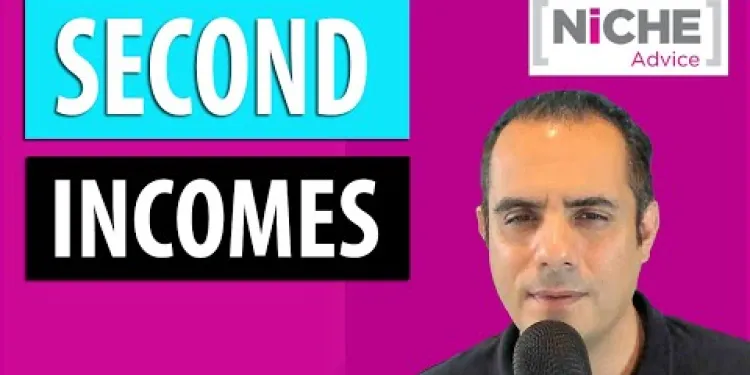
Using 100% of your Second Income for a Mortgage Application
Relevance: 48%
Is It Possible to Switch My Mortgage Type if Interest Rates Become Unfavourable?
In the UK, homeowners often keep a close eye on interest rate trends, especially if they hold a mortgage. The type of mortgage you have can significantly impact your financial obligations, particularly when interest rates begin to rise or fall. If you're concerned about your current mortgage type due to unfavourable interest rate changes, you may be considering a switch. However, switching mortgage types can involve several considerations and steps.
Understanding Mortgage Types
Mortgage products in the UK primarily fall into two categories: fixed rate and variable rate. A fixed-rate mortgage means you pay the same interest rate for a specified period, offering stability in monthly payments. On the other hand, a variable-rate mortgage may fluctuate according to the Bank of England's base rate, resulting in potential increases or decreases in your monthly costs.
Switching Your Mortgage
Switching your mortgage type, also known as remortgaging, is possible if the current interest rates are not in your favour. For instance, if you initially opted for a fixed-rate mortgage but predict falling interest rates, switching to a variable rate might help you benefit from reduced payments. Conversely, if you started with a variable rate and forecast rising rates, a fixed-rate mortgage can offer more predictable planning.
Factors to Consider When Switching
Before switching, assess factors such as early repayment charges (ERCs) and any exit fees associated with your current mortgage. Many fixed-rate mortgages have ERCs that apply if you exit before the end of the fixed term. Comparing these costs with the potential savings from switching is crucial. Additionally, consider arrangement fees for the new mortgage and any changes to your financial situation that might affect your eligibility.
Consulting a Mortgage Advisor
Given the complexities in switching mortgage types, consulting a mortgage advisor can be invaluable. Advisors have insights into various products, lenders, and the potential costs of switching. They can help you navigate mortgage products to find an option aligning with your financial goals and market views.
Conclusion
In conclusion, it is possible to switch your mortgage type in the UK if interest rates become unfavourable. However, careful consideration of costs, potential savings, and personal circumstances is necessary. Consulting with a mortgage advisor can provide valuable guidance in making a decision that benefits your long-term financial wellbeing.
Can I Change My Mortgage If Interest Rates Change?
In the UK, people with homes watch interest rates closely. This is really important if they have a mortgage. A mortgage is a loan to buy a house. If the interest rate goes up or down, it can change how much money you have to pay back. If you don't like the rates you have now, you might want to change your mortgage. But, changing your mortgage can take a few steps.
What Are Different Types of Mortgages?
There are two main types of mortgages in the UK: fixed rate and variable rate. With a fixed-rate mortgage, your interest rate stays the same for a set time. This helps you know how much you will pay every month. A variable-rate mortgage can change. It goes up or down with the Bank of England's base rate. This means your payments can go up or down too.
How to Switch Your Mortgage
You can change your mortgage type if the current rates are not good for you. This is called remortgaging. For example, if you have a fixed rate now but think rates will go down, you might want to switch to a variable rate. This could make your payments go down. Or, if you have a variable rate and think rates will go up, you might switch to a fixed rate. This can help you know what you will pay each month.
Things to Think About Before Switching
Before you switch, think about costs like early repayment charges (ERCs). Some fixed-rate mortgages charge you if you leave early. Look at these costs and what you might save by switching. Also, check for any fees on the new mortgage and if your money situation changes. This might affect if you can switch.
Talk to a Mortgage Advisor
Changing your mortgage can be complicated. It helps to talk to a mortgage advisor. They know a lot about different mortgages and lenders. They can help you find a mortgage that fits your money needs and plans.
Summary
You can change your mortgage type if interest rates in the UK change. But, you need to carefully think about the costs, how much you might save, and your own money situation. Talking to a mortgage advisor can help you make a good choice for your finances.
Frequently Asked Questions
What is the process to switch my mortgage type if interest rates become unfavorable?
To switch your mortgage type, contact your lender or mortgage broker to explore options, such as refinancing, and discuss the steps involved, including application, approval, and closing processes.
Are there fees associated with switching my mortgage type?
Yes, switching mortgage types usually involves fees such as appraisal fees, origination fees, and possible penalties for early repayment depending on your loan terms.
How long does it take to switch mortgage types?
The process can take anywhere from a few weeks to a couple of months, depending on your lender and the complexity of your situation.
Can I switch from a fixed-rate to a variable-rate mortgage?
Yes, it's possible to switch from a fixed-rate to a variable-rate mortgage, usually through refinancing, if interest rate conditions make it advantageous.
Is it advisable to change my mortgage type if interest rates are expected to rise?
Switching to a fixed-rate mortgage might be advisable to lock in a lower rate if you anticipate rising interest rates.
What should I consider before switching my mortgage type?
Consider factors like current interest rates, the remaining duration of your mortgage, fees involved, and your financial goals before switching.
Will switching my mortgage type affect my credit score?
Refinancing and switching mortgage types can temporarily impact your credit score due to hard inquiries, but managing your mortgage well afterwards can mitigate this.
Can I switch mortgage types if I have bad credit?
It's more challenging with bad credit, but some lenders might offer options. Improving your credit score beforehand can increase your chances.
Do all lenders offer options to switch mortgage types?
Not all lenders offer this flexibility, so it's important to consult your lender about possible options for switching.
Can switching mortgage types save me money?
Yes, if you can secure a lower interest rate or better terms, switching can potentially save you money over the life of the loan.
Is it possible to switch mortgage types multiple times?
Yes, but frequent switching can incur fees and may not be cost-effective. Evaluate the long-term benefits before proceeding.
How do I know when it's the right time to switch my mortgage type?
Monitor interest rate trends, evaluate your financial situation, and consult with a financial advisor or mortgage expert to determine the best time.
What impact does an economic downturn have on switching mortgage types?
Economic downturns can lead to lower interest rates, which might make switching beneficial. However, lenders may have stricter criteria during such periods.
Can switching my mortgage type help me pay off my loan faster?
Yes, switching to a mortgage type with better terms or a lower interest rate can help reduce costs and potentially allow for quicker repayment.
What is the difference between switching mortgage types and refinancing?
Switching mortgage types usually entails refinancing, which involves paying off your current mortgage and taking out a new one under different terms.
Can I switch my mortgage type if I'm close to paying it off?
If you're close to paying off your mortgage, switching might not provide significant benefits due to costs involved. Evaluate if the savings will outweigh the fees.
What documents are needed to switch my mortgage type?
You typically need recent pay stubs, tax returns, a current mortgage statement, and any other documents your lender requires for evaluation.
Does switching my mortgage type change my monthly payments?
Yes, switching may result in changes to your monthly payments depending on the new interest rate and terms.
Can switching mortgage types reduce my monthly payment?
If you secure a lower interest rate, your monthly payment could decrease. Consider all terms to confirm any savings.
Should I consult a financial advisor before switching mortgage types?
Consulting a financial advisor or mortgage expert is advisable to ensure you make an informed decision aligned with your financial goals.
How can I change my mortgage if interest rates go up?
If interest rates get too high, you might want to change your mortgage. Here is how you can do it:
- Ask your bank or lender if you can change your mortgage.
- They will tell you if you can and how much it will cost.
- If it's okay, they will help you switch to a different mortgage.
Using a calculator can help you understand the numbers. You can also ask someone you trust to help you with the process.
If you want to change your home loan, talk to your bank or the person who helped you get your loan. They can help you learn about other choices, like getting a new loan. They will explain what you need to do, like filling out forms, getting okay from the bank, and signing the papers at the end.
Do I have to pay money to change my mortgage?
Yes, changing your mortgage can cost money. You might need to pay for things like checking the value of your home, starting a new loan, and extra charges if you pay off your old loan early.
How long does it take to change your mortgage?
Changing your mortgage means getting a different kind of loan for your house. It can take a few weeks. Here are some steps that can help:
- Talk to your bank or a mortgage expert. They can explain things.
- Collect all your important papers, like pay slips and bank statements.
- Use a calendar to mark important dates.
- Ask a grown-up or friend for help if you need it.
The process can take a short time or a long time. It might be a few weeks or it could be a few months. It depends on the people you borrow money from and how tricky your situation is.
If you need help to understand, you can ask someone to explain it to you, or you can use tools like reading apps that read the text out loud. These can help make things clearer.
Can I change from a fixed-rate to a variable-rate mortgage?
A fixed-rate mortgage means your payments stay the same. A variable-rate mortgage means your payments can go up or down.
Yes, you can change from a fixed-rate to a variable-rate mortgage. But there are some things to think about:
- Costs: Sometimes, it costs money to make changes. Check if you need to pay any fees.
- Money Risk: With a variable rate, your payments might get bigger if interest rates go up.
- Talk to a Helper: It's a good idea to talk to someone who knows a lot about money. They can help you choose what's best for you.
- Use Online Tools: You can use tools and calculators online to see how changes might affect your payments.
Think carefully and get advice before you switch.
Yes, you can change from a fixed-rate loan to a variable-rate loan. People often do this to save money when interest rates are low. This is called refinancing.
Should I change my mortgage if interest rates go up?
If you think interest rates will rise, you might wonder if changing your mortgage is a good idea. Here are some tips:
- Talk to someone who knows about money, like a financial advisor.
- Ask your bank for advice on what to do.
- Think about what works best for your money situation.
If you think interest rates will go up, it might be a good idea to switch to a fixed-rate mortgage. This means your rate won't change, and you can keep paying less.
Here are some tools that can help you:
- Ask a grown-up to help explain it to you.
- Use simple words to understand what a fixed-rate mortgage is. You can think of it like paying the same amount every month.
- Try watching videos or pictures that explain this topic.
- Play games or quizzes about money to learn more in a fun way.
What should I think about before changing my mortgage?
Before you change your mortgage, ask yourself these questions:
- Can I afford the new payments?
- Will I save money in the long run?
- Are there any fees to switch?
- How long will it take to pay it off?
Talk to someone who can help explain things. You can use a calculator online to see how much you will pay. A friend or family member can also support you in understanding.
Think about a few things before you decide to change your mortgage. Look at how high or low interest rates are right now. See how much time is left on your mortgage. Check if there are any fees you need to pay. Also, think about what you want to do with your money in the future.
To help understand better, you might use tools like a calculator to see how much money you could save. Talking to someone who knows a lot about money, like a financial advisor, can also be a good idea.
Will changing my home loan type change my credit score?
If you change your home loan, it might change your credit score.
Your credit score is a number. It helps banks decide if they can lend you money.
When you switch your loan, the number might go up or down.
If you want to know more, ask a bank helper or use a tool like a credit score checker online.
Sometimes, changing or refinancing your home loan can make your credit score go down a bit. This happens because companies check your credit. But if you take care of your home loan after, your score can get better.
Can I change my loan if my credit is bad?
If you have a loan for your home, it's called a mortgage. Sometimes people want to change the type of loan they have. If your credit is not good, it might be harder, but it can still be possible. Here are some tips to help:
- Talk to someone at a bank or lending company who can give advice.
- Check your credit report to understand what needs fixing.
- Ask someone you trust to help you understand your options.
Remember, you can get help to understand what to do next!
Getting a loan is harder if you have bad credit. But some people might still lend you money. If you make your credit score better first, it can help you get a loan more easily.
Can you change your mortgage type with any bank?
Not all banks let you switch your mortgage type easily. It's a good idea to ask your bank if you can do this. If you are not sure, get help from a person who knows about money, like a mortgage advisor. They can help you understand what to do.
Not all money lenders can change your loan. It is important to talk to your money lender to see if you can change it.
Can changing my mortgage save me money?
If you can get a lower interest rate or better deal, changing loans might help you save money.
Can I change my home loan type many times?
Yes, you can switch, but it can cost money and might not be a good choice. Think about if it will help you in the long run before you do it.
Here’s a tip: You can use a calculator to add up the costs to see if it’s worth it. Or ask someone you trust for advice.
How do I know the right time to change my mortgage?
A mortgage is a loan to buy a house. Sometimes, you might want to change how you pay back the loan.
Here are some tips to help you decide:
- Look at money changes: If your income or expenses change, think about your mortgage.
- Check interest rates: If rates are lower, you might pay less each month.
- Talk to an expert: Speak with a mortgage advisor or a bank. They can help you understand more.
- Use online tools: Some websites have calculators to show different mortgage payments.
Changing your mortgage can save you money or make payments easier. Always get advice before making big changes.
Watch how interest rates change. Think about your money. Talk to a money helper or expert to choose the best time for you.
How do money problems change the way people choose home loans?
When the economy is doing badly, interest rates can go down. This might be a good time to switch to a new loan. But, at these times, banks may be pickier about who gets a loan.
You can use these tools to help you understand better:
- Ask someone you trust to explain tricky parts.
- Use a dictionary to look up hard words.
- Try reading with a friend.
Will changing my mortgage help me pay it off quicker?
Do you want to pay off your home loan faster?
Changing how you pay can help. Look at different choices, like fixed rates or adjustable rates.
A fixed rate stays the same, so you always know how much to pay.
An adjustable rate can change, so sometimes you pay more or less.
Ask for help if you need it. You can talk to a mortgage expert or use online tools to help you understand.
Yes, changing your mortgage to one with better terms or a lower interest rate can save you money. It might also help you pay it off faster.
What is the difference between changing your mortgage type and getting a new mortgage?
Sometimes people have a loan called a mortgage to buy a house. You can either change how your mortgage works or get a brand new one. Let's find out what these two things mean:
Changing Your Mortgage Type: This means you change how your mortgage works, but you keep the same loan. It's like changing the rules of your mortgage.
Getting a New Mortgage (Refinancing): This means you get rid of your old mortgage and get a completely new one. It's like starting over with a new loan for your house.
Tools that can help you:
- Ask an Adult: Talk to an adult you trust if you have questions.
- Use Simple Calculators: You can use easy-to-use calculators online to see how changes might affect your payments.
- Draw it Out: Sometimes drawing pictures of your options can help you understand better.
Changing your mortgage type usually means you need to refinance. This means you pay off your old loan and get a new one with different rules.
Can I change my loan type if I am almost done paying it?
If you are almost done paying off your home loan, changing to a new one might not help you much because of the extra costs. Check if you will actually save money after paying these costs.
What papers do I need to change my home loan?
You usually need some papers to show how much money you make. These include:
- Recent pay stubs: These are papers you get from work that show your pay.
- Tax returns: These are forms you filled out for taxes.
- Current mortgage statement: This is a paper that shows how much you owe on your house if you have a mortgage.
You might need other papers too. Your lender will tell you if you do. If you need help, ask someone you trust or use an app that reads text out loud.
If I change my mortgage type, will my monthly payments change?
If you change your mortgage, your monthly payments might be different.
Here are some ways to understand better:
- Ask a helper, like a family member or a friend.
- Use online calculators to see how payments change.
- Talk to your bank for easy explanations.
Yes, if you switch, your monthly payments might change. This depends on the new interest rate and rules.
Can changing my home loan make my monthly payment smaller?
If you have a home loan, there are different types. Changing the type can help you pay less each month.
Here are some ways to learn more and get help:
- Talk to your bank or a loan expert: They can explain how different loans work.
- Use online calculators: There are tools on the internet that show how much you can pay each month with different loans.
If you get a lower interest rate, you might pay less money each month. Look at all the details to make sure you really save money.
Should I talk to a money expert before changing my mortgage?
Thinking about changing your loan for your house? It might be a good idea to talk to someone who knows a lot about money. They can help you make the best choice.
Here are some tips to help you:
- Ask a friend or family member to explain things you don’t understand.
- Use online videos that explain money in simple words.
- Write down any questions you have to ask the money expert.
- Take your time to think about your choices.
Talking to a money expert can help you feel sure you are making the right choice.
It's a good idea to talk to someone who knows a lot about money, like a financial advisor, or a mortgage expert. They can help you understand your money better and make good choices that fit your dreams.
Useful Links
Have you found an error, or do you have a link or some information you would like to share? Please let us know using the form below.
-->
This website offers general information and is not a substitute for professional advice.
Always seek guidance from qualified professionals.
If you have any medical concerns or need urgent help, contact a healthcare professional or emergency services immediately.
Some of this content was generated with AI assistance. We’ve done our best to keep it accurate, helpful, and human-friendly.
- Ergsy carfully checks the information in the videos we provide here.
- Videos shown by Youtube after a video has completed, have NOT been reviewed by ERGSY.
- To view, click the arrow in centre of video.
- Most of the videos you find here will have subtitles and/or closed captions available.
- You may need to turn these on, and choose your preferred language.
- Go to the video you'd like to watch.
- If closed captions (CC) are available, settings will be visible on the bottom right of the video player.
- To turn on Captions, click settings .
- To turn off Captions, click settings again.
More Items From Ergsy search
-

How do interest rate changes affect my mortgage payments?
Relevance: 100%
-

Will my fixed-rate mortgage payments change with interest rate fluctuations?
Relevance: 98%
-

Is it possible to switch my mortgage type if interest rates become unfavourable?
Relevance: 94%
-

What is a tracker mortgage and how does it respond to interest rate changes?
Relevance: 93%
-

What should I do if I can't afford my mortgage payments due to rising interest rates?
Relevance: 87%
-

What is an 'interest only' mortgage?
Relevance: 87%
-

What does it mean to "Fix My Mortgage Rate"?
Relevance: 81%
-

What happens to my monthly payments if interest rates rise?
Relevance: 80%
-

Are first-time buyers affected differently by interest rate changes?
Relevance: 78%
-

Major Banks Announce Changes in Interest Rates: Are You Affected?
Relevance: 77%
-

What is an SVR and how does it relate to interest rate changes?
Relevance: 75%
-

Can my lender change my interest rate without notification?
Relevance: 75%
-

How can I protect myself from rising interest rates?
Relevance: 73%
-

Why do interest rates rise and fall?
Relevance: 69%
-

How much can I borrow for a mortgage UK - getting the Maximum Mortgage
Relevance: 66%
-

How do better interest rates help me save money?
Relevance: 65%
-

The Ultimate Buy-To-Let Mortgage Breakdown
Relevance: 64%
-

How do economic conditions influence interest rate changes?
Relevance: 62%
-

Getting the maximum mortgage in the UK
Relevance: 62%
-

Can interest rates on student loans be reduced?
Relevance: 62%
-

How do better interest rates help me save money?
Relevance: 59%
-

How does interest rate affect my car finance agreement?
Relevance: 58%
-

Mortgage Regulator removes the need for further affordability stress tests
Relevance: 55%
-

First Time Buyer Buy to Let Finance Options. Lending Criteria on Mortgage and Bridging Finance
Relevance: 55%
-

HMO Mortgage Truths - how to get the best Finance option including Bridging Loan Criteria
Relevance: 54%
-

Mortgage Turned Down In The UK - Why mortgage applications are declined
Relevance: 53%
-

Highest Income Multiple Mortgage Lenders Revealed - Good and Bad Points
Relevance: 53%
-

First Time Buyer Buy to Let Finance Options. Lending Criteria on Mortgage and Bridging Finance
Relevance: 53%
-

Uk Buy to Let for Older Clients - Mortgage Options Tips and Criteria
Relevance: 52%
-

Mortgage Overpayment and Flexible Features Explained
Relevance: 52%
-

UK Mortgage Rules Lenders Don't Talk About - Debt To Income Ratio
Relevance: 51%
-

Can Stamp Duty be included in a mortgage in the UK?
Relevance: 51%
-

How do interest rate changes affect my mortgage balance?
Relevance: 51%
-

If I overpay on my mortgage, how will interest rate changes affect this?
Relevance: 51%
-

5 Broker Exclusive Buy to Let Mortgage Lenders you need to know about as a Landlord
Relevance: 50%
-

Should you Pay down your Residential Mortgage?
Relevance: 50%
-

Mortgage on Inherited Property - How we can help you with the finance
Relevance: 49%
-

RIGHT TO BUY MORTGAGE - LET ME SAVE YOU TIME AND MONEY
Relevance: 48%
-

Product Transfer Rate Switch vs Remortgage What's Best
Relevance: 48%
-

Using 100% of your Second Income for a Mortgage Application
Relevance: 48%


